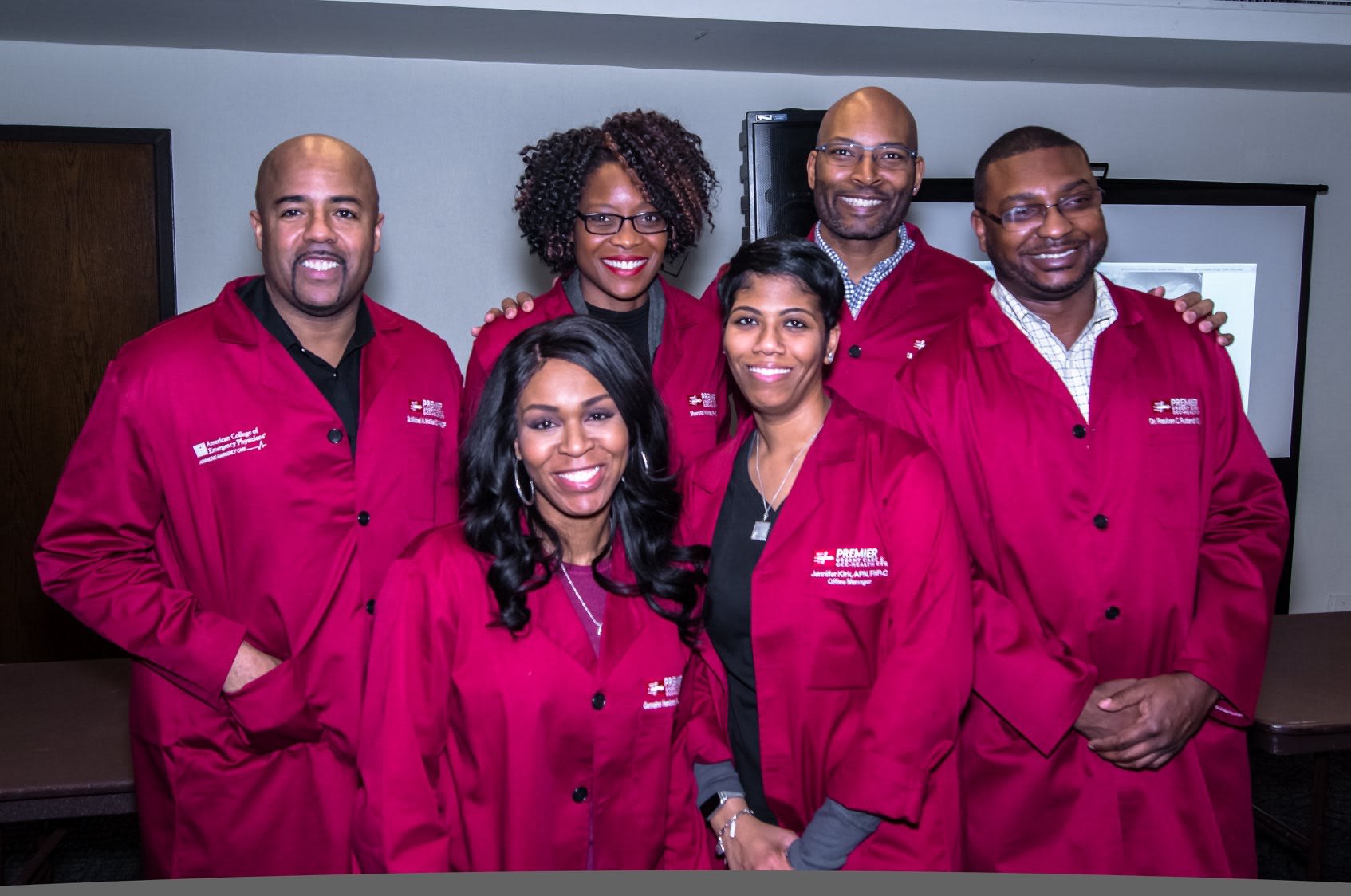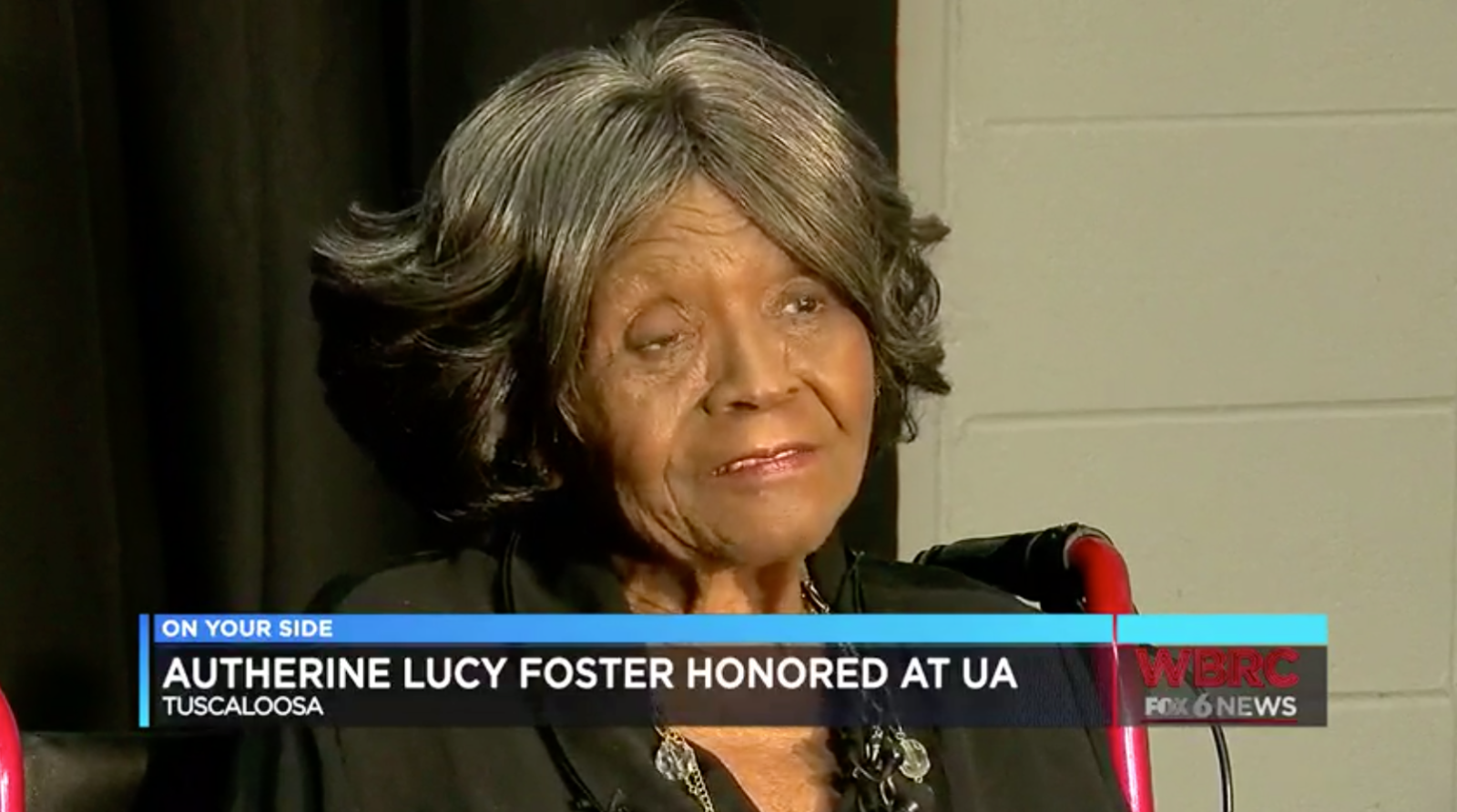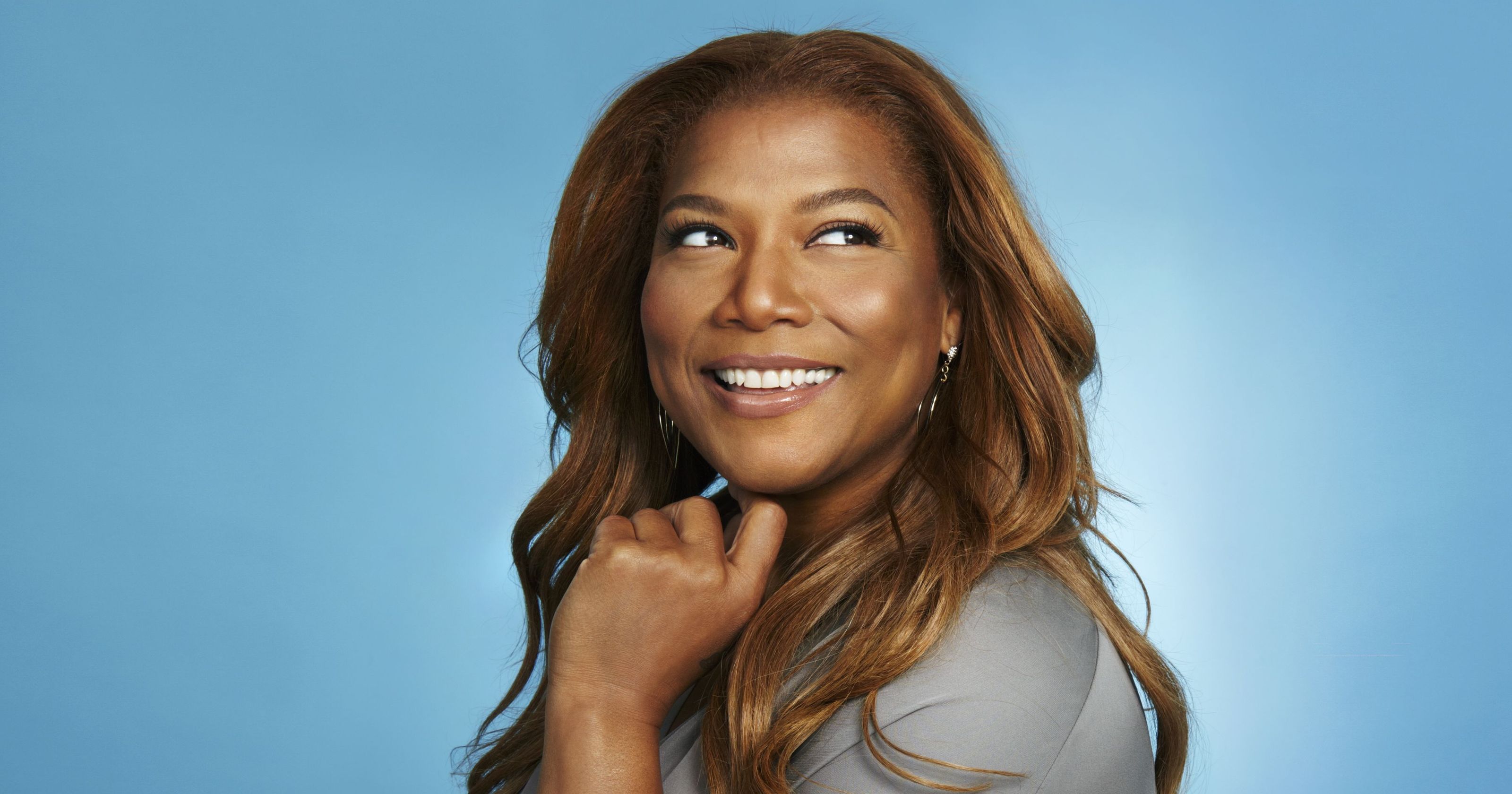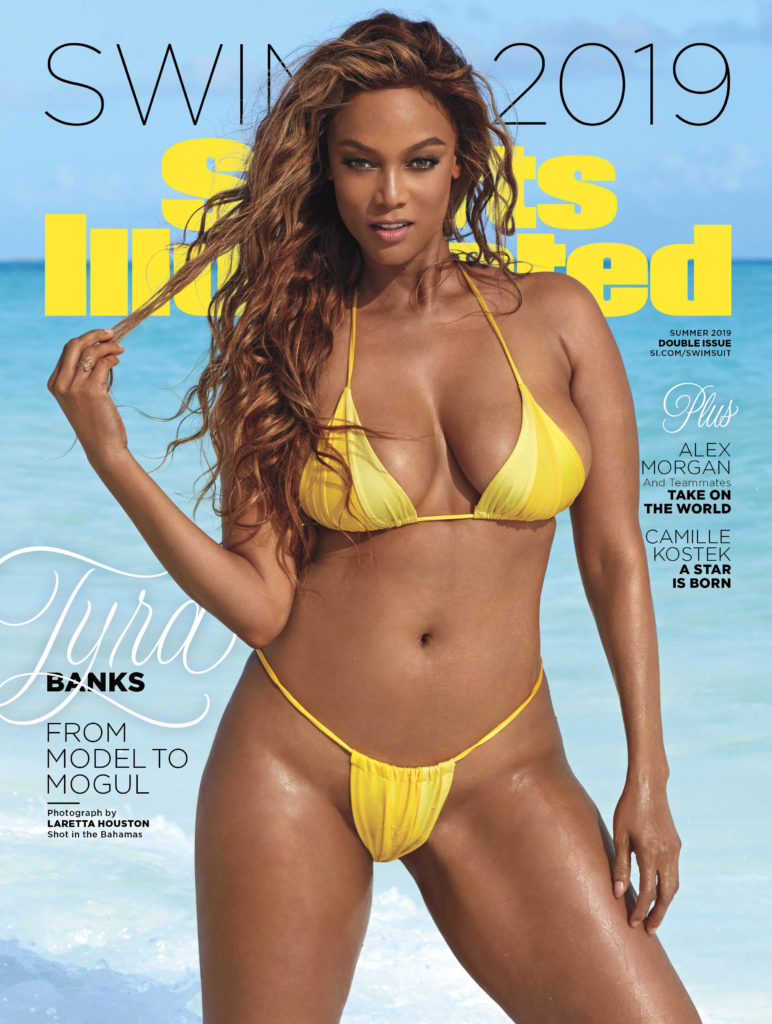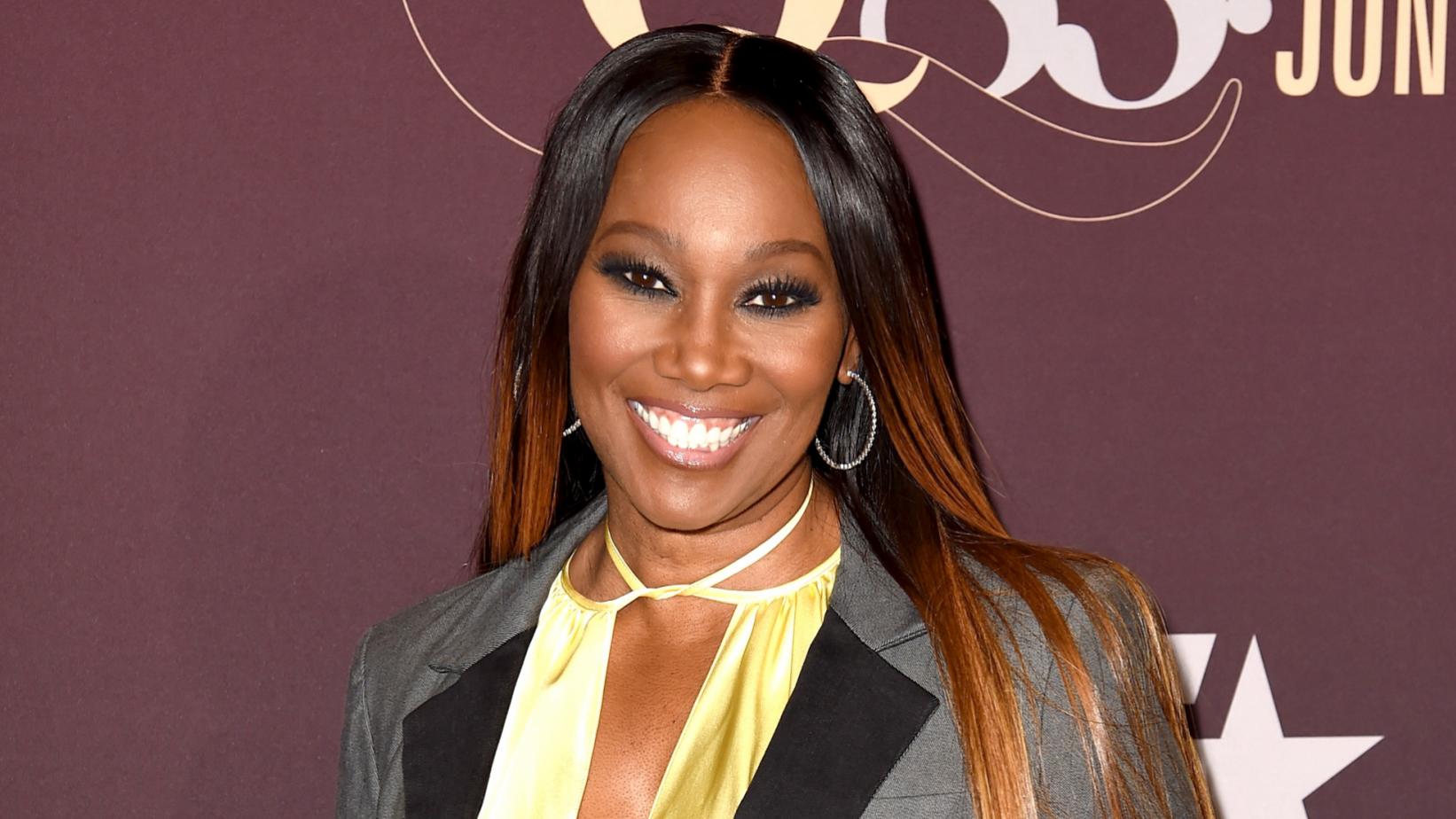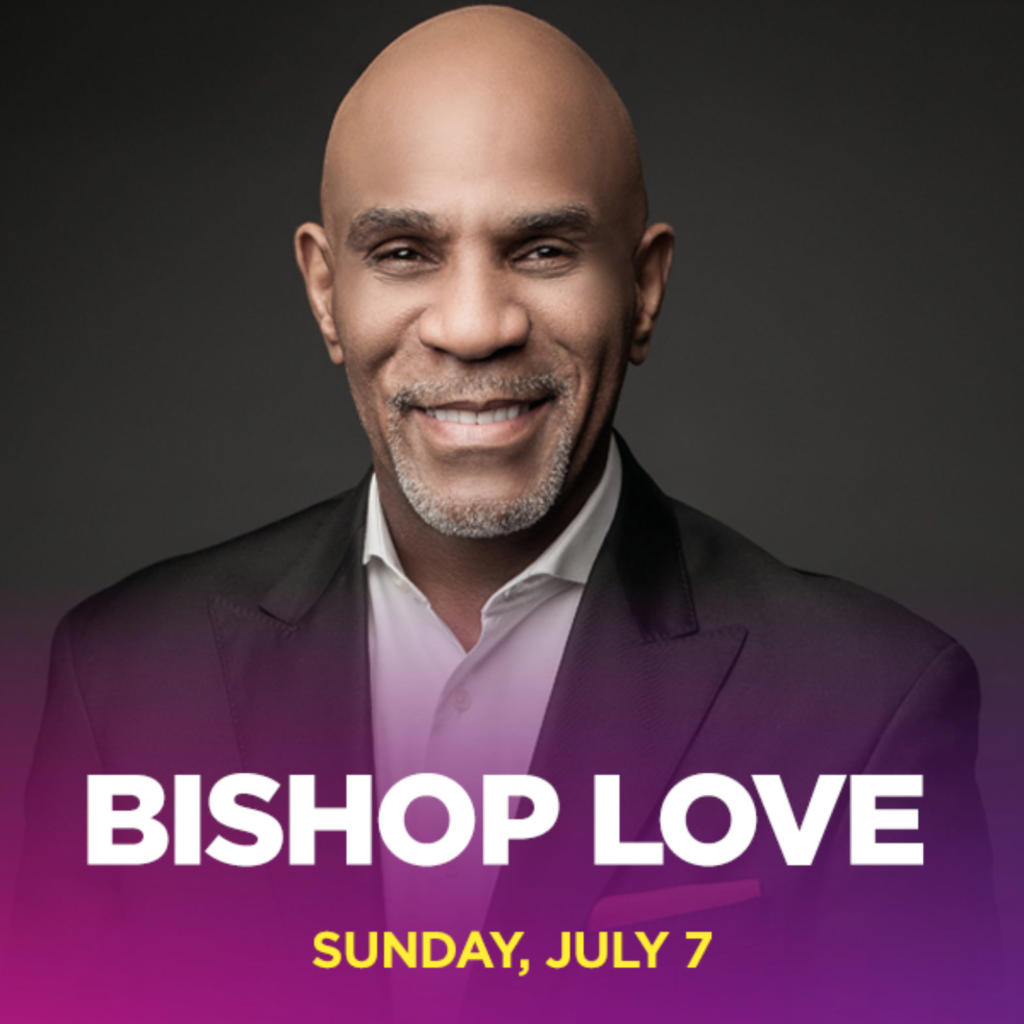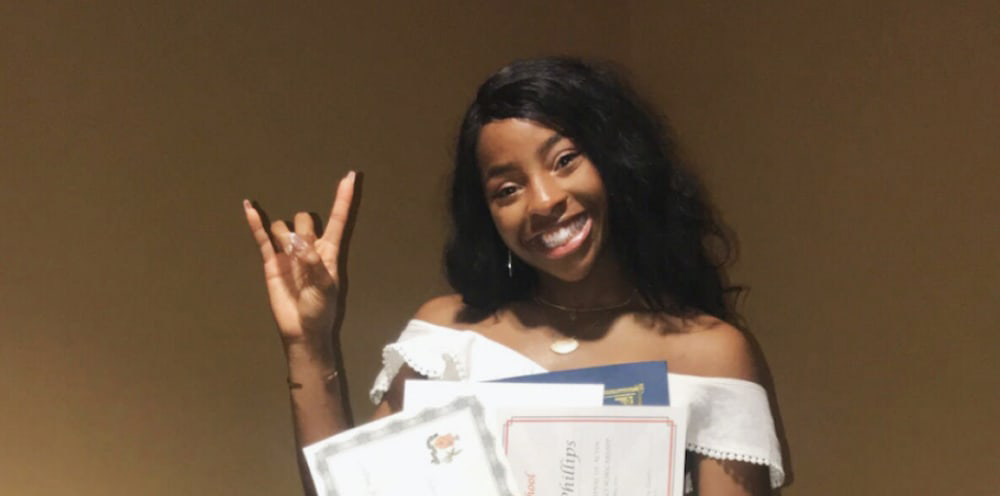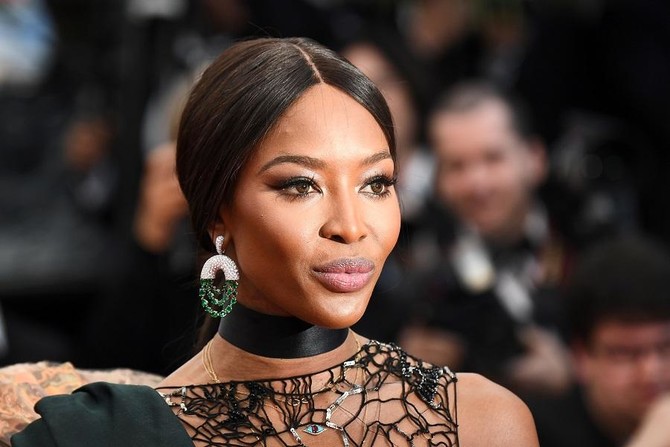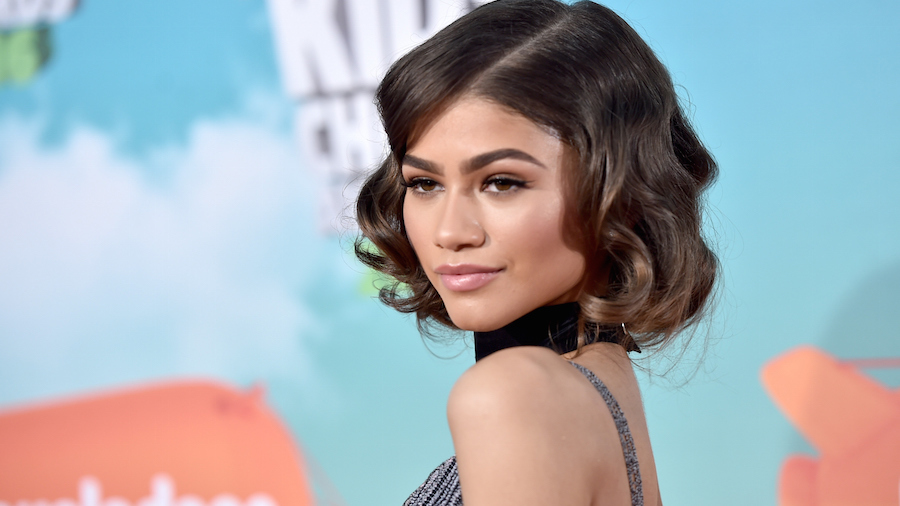A group of Black doctors are teaming up to open the first Black-owned Urgent Care Center in Chicago’s Hyde Park.
Premier Health Urgent Care, will be the Southside’s first Urgent Care facility and hopes to provide affordable healthcare to a population in desperate need of it.
“We are happy to open an urgent care in Hyde Park because the community needs it. I see so many urban professionals who either delay or go without care because of time constraints,” said Dr. Reuben C. Rutland.
“No one has 8 hours to wait in the emergency department for a minor illness or the flexibility to wait 3 weeks because their primary care doctor is booked solid. We are here to help fill that gap.”
The Urgent Care’s founders include Dr. Airron Richardson, Dr. Michael A. McGee, and United States Navy veteran Dr. Reuben C. Rutland. They opened the facility in a partnership with former Chicago Bears wide receiver Dr. Gregory Primus.
After his football career ended, Primus became the first Black person trained in orthopedic surgery at the University of Chicago.
Rutland made it clear that the Urgent Care was not trying to replace any other form of healthcare but sought to fill the gap in the middle.
“We are not in competition with the doctors offices or the emergency department,” Dr. Rutland said.
“We are a supplement to them both, to help relieve the stress on those two facilities.”
Urgent care centers have become wildly popular in cities across the country for providing quick, same-day treatment without the lengthy waits.
“Once a patient is seen, they are typically treated in less than an hour, making Premier’s walk-in clinic an ideal provider of the immediate care when it’s needed the most,” the founders said in a press release.
“Premier accepts many major types of insurance and offers services at a fraction of the cost of hospital-affiliated urgent care or emergency rooms.”
In a press release, the center’s founders said they will be able to treat a variety of illnesses and ailments. They also plan to donate a cut of the profits to the Project Outreach and Prevention (POP) organization, which they said, “aims to prevent youth violence in surrounding neighborhoods by providing resources, services and education to assist teens in making better life-long choices.”
Dr. McGee told Chicago’s Fox 32 that it was difficult and distressing to deal with injuries from shootings, which are common in some parts of the Southside.
“When you have a kid come in who is 11 or 10 and they’ve been shot, and you can’t do anything about it, and you have to tell their parents and look them in the eye and say hey, I’m sorry, your child is dead. Their parents grab me and tell me to bring them back,” he said in an interview with the news station.
Over the last year, dozens of black-owned businesses have sprung up across the Southside, including Peach’s Currency Exchange Cafe, Justice of the Pies and Brown Sugar Bakery.
Original article was published here.

